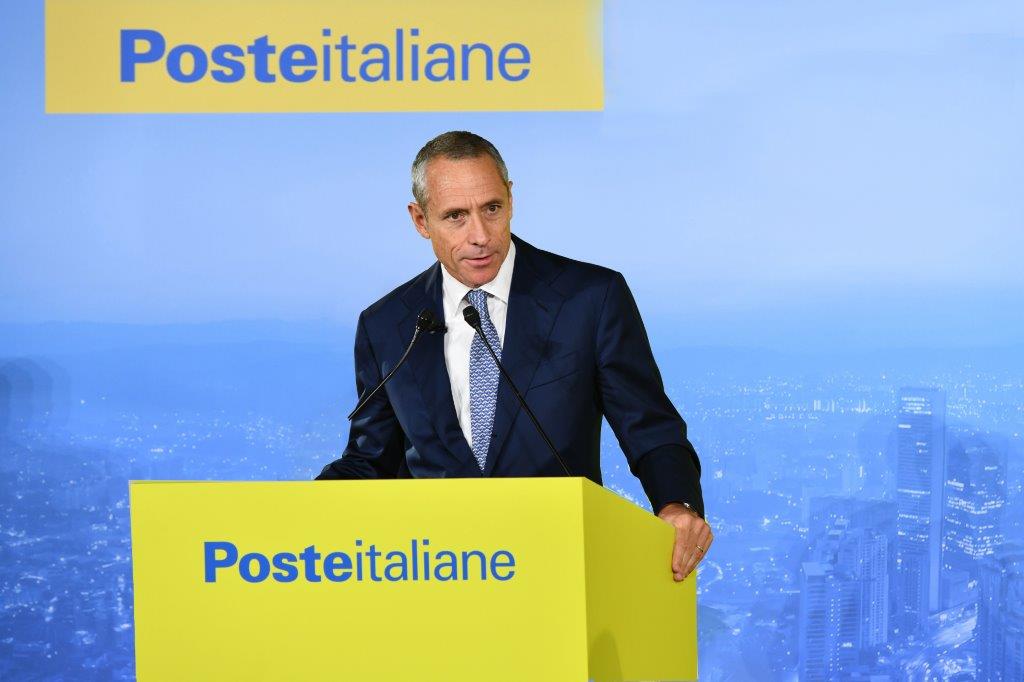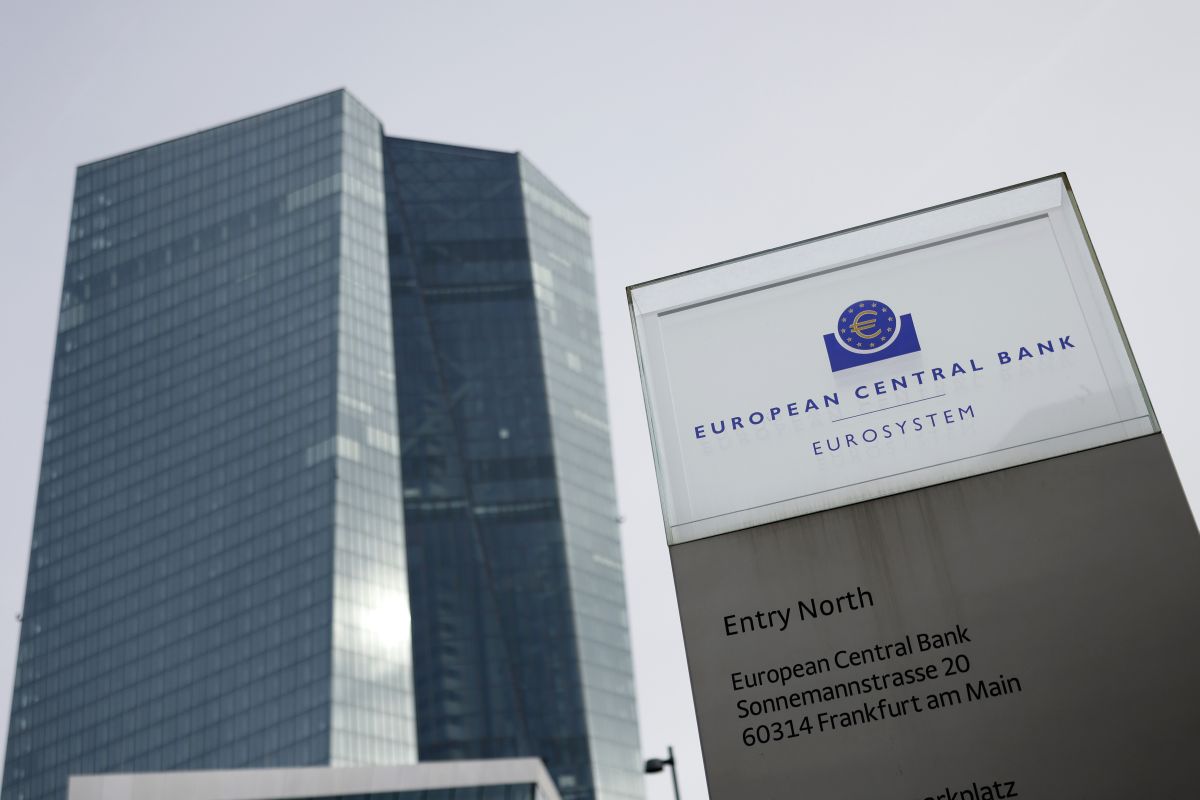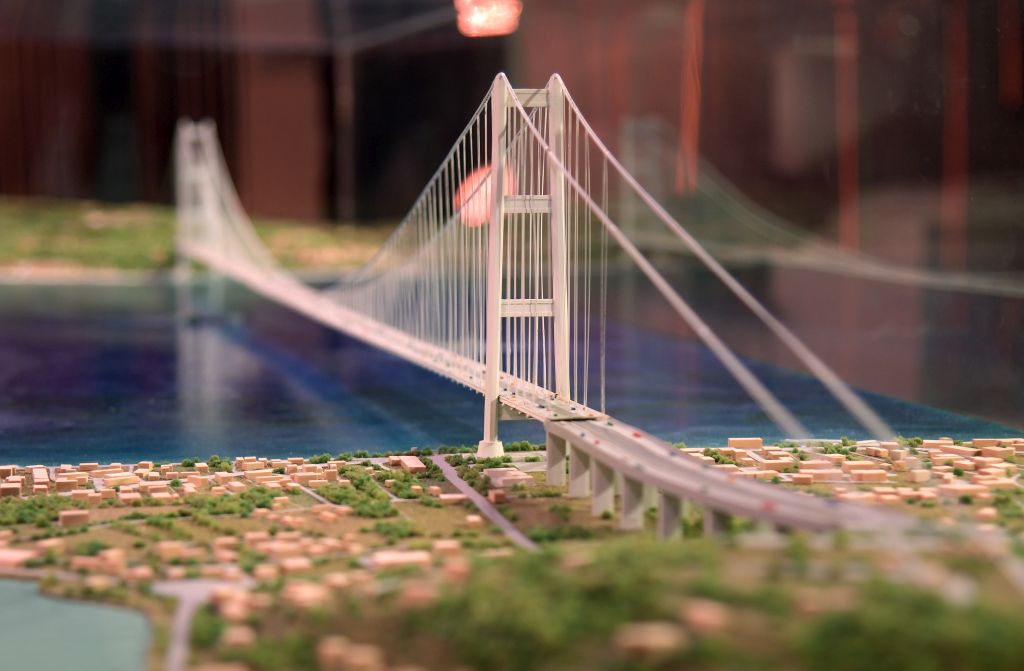BOLOGNA (ITALPRESS) – From commercial desertification to sustainable mobility, from demographic challenges to housing policies. These are the main themes that animate the two days of Bologna of “InCittà – Spazi that change, urban economies growing”, organized by Confcommercio at Palazzo Re Enzo, in Bologna. An event that started this morning and attended by the Interior Minister Matteo Piantedosi, the president of the Emilia-Romagna Region Michele de Pascale, in dialogue, among others, with the mayor of Bologna Matteo Lepore, the president of the Conference of the Regions Massimiliano Fedriga, the president of Confcommercio Bologna Enrico Postacchini and the president of Confcommercio Carlo Sangalli, said that speaking from the “This is the pact we propose: institutions, enterprises and citizens, public and private together, for cities.” And again: “This is our vision: cities that grow by enhancing the company and companies that grow cities.” “An edition on which the confederation invested and invested – added the president of Confcommercio Bologna Enrico Postacchini – because in a city everything happens, what is good and bad in a city is created and destroyed, the city is the heart of a community.” On the other hand, Piantedosi spoke about the importance of the tertiary sector: “The commercial tertiary is one of the pillars of the Italian economy, and in Bologna, historically, this value is particularly evident.” The president of Emilia-Romagna Michele De Pascale stressed: “To welcome Confcommercio here in Bologna is a great honor. It is a theme that for Emilia-Romagna is central. The Region in the past I think it has put in place one of the most innovative laws on the urban economy, with urban hubs”. The President of the Special Commission also contributed to the housing crisis, Irene Tinagli and the Vice President of the European Commission, Raffaele Fitto. The event was an opportunity to talk about the delicate relationship between tourism and liveability of historical centers and the role of culture and artificial intelligence in urban transformation. Presented, for the occasion, an investigation by Confcommercio on commercial desertification in the cities, realized by Confcommercio in collaboration with SWG, according to which the Italians want to live in neighborhoods with more proximity shops, places not only of purchase and offer of services, but which constitute, together with green spaces, the main element that contributes to the quality of urban life; but they also represent real social activists (for 64% of Italians), guarantee of care and cleanliness of public spaces (62%), security guards (60%). The desire to have more shops under the house, for 2 Italians out of 3, comes from the need to have more choice opportunities and reduce travel. But the presence of commercial activities also affects the real estate market: the value of a house located in a district hit by commercial desertification drops by 16% with a total differential that can reach 39% regarding a property located in a neighborhood full of shops. In any case, in the last 10 years, the Italians have perceived more and more clearly the closures of economic activities of the district, in particular shops of sports articles, bookcases, toys (55%), clothing, perfumeries, jewellery (49%), furniture and hardware (46%), food (45%). A phenomenon that, for the vast majority of Italians, generates a sense of sadness and contributes to the decline of the quality of life.
– photo Italpress – (ITALPRESS).






